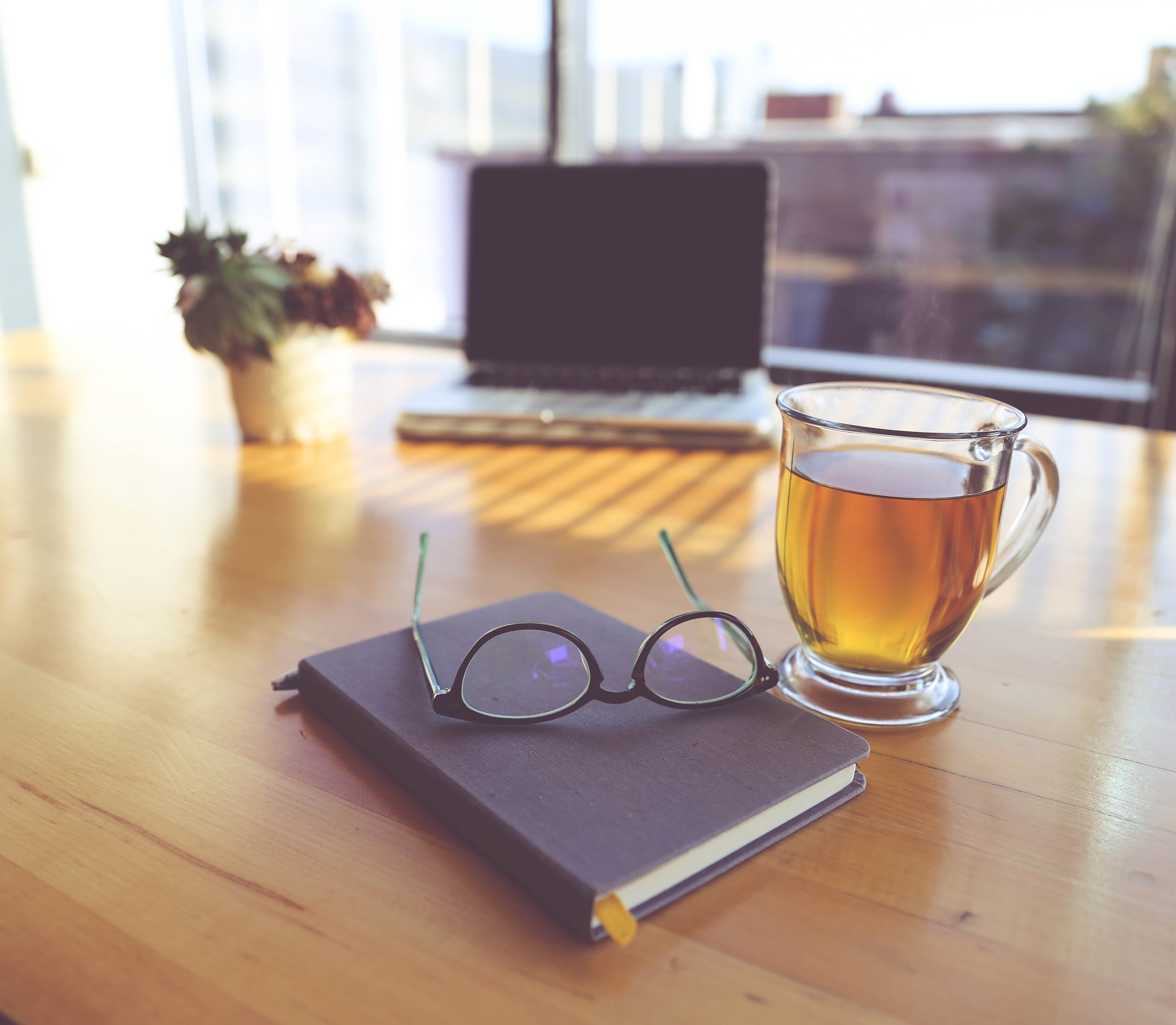Seasonal Allergies vs. Sleep Apnea
Ah, springtime, the moving out of the cold winter phase into the sunshine rays of summer.
What could possibly go wrong?
Everything is fine until allergies hit.
Millions of Americans are affected by allergies, especially in the spring. Over 40%! Trees are no longer bare of leaves, flowers are blooming, and the arrival of pollen, dust mites, and other small debris are inflaming those who are prone to allergies.
Untreated Obstructive Sleep Apnea can be troublesome, but allergies added on top of untreated OSA can result in difficulty breathing while sleeping. By not sleeping as well when allergy season comes around, that lack of sleep can really take a toll on someone.
Can allergies cause sleep apnea?
Some may find that allergies can develop or even worsen symptoms of sleep apnea, with difficulty breathing at night, snoring, choking, or gasping for air due to the airway blockage. However, allergies have not been proven to directly cause obstructive, central, or mixed sleep apnea, yet they do affect your sleep quality. Allergies can aggravate already present sleep apnea symptoms.
This can present your body not getting enough deep sleep which can prevent restorative properties of your body.
“Glucose metabolism in the brain increases during deep sleep, supporting short-term and long-term memory and overall learning. Deep sleep is also when the pituitary gland secretes important hormones, like human growth hormone, leading to growth and development of the body.” Healthline.com
“Allergies, nasal passage, discomfort, and inflammation caused by airborne allergens can sometimes cause sleep rhythm disturbances that are not too different from sleep apnea.” - enticare.com
How can allergies make OSA even worse?
When someone is asleep, the congestion from allergies can make it more difficult to breathe normally. This can cause airway blockage through the nasal passageway. Instead, many people find themselves breathing through their mouth which can leave one with a dry mouth or sore throat.
Allergies can also cause the swelling of the tonsils or adenoids which would cause the airway to be further blocked.
Could allergy treatment cure my sleep apnea?
Treating allergies and sleep apnea are quite different. There are over-the-counter antihistamines that many take for seasonal allergies.
*These antihistamines are not meant to be taken everyday for an extended period of time. For allergies, you should talk to your doctor to see what path you should take with your allergies.*
There are other options that do not require drugs, such as a saline nasal spray, vapor rub, or changing to a hypoallergenic pillow, or use of a humidifier.
Drinking hot tea with lemon and honey is also a great remedy of clearing out a stuffy nose.
More information at everydayhealth.com
“Saline will reduce the thick mucus secretions in the sinuses and nose and help wash away particles, allergens, and germs. Saline sprays are not habit forming and can be used multiple times a day to aid in the healing process and to alleviate symptoms especially if you are prone to chronic sinus infections.” - coastal-ent.com
You can purchase vapor rub, hypoallergenic pillows, or a humidifier from your local supplier.
As for obstructive sleep apnea, you can take one of many paths for sleep apnea therapy. There are many options for therapy such as positional therapy, sleep hygiene improvement, CPAP (Continuous Positive Airway Pressure) therapy, oral appliances, and many more. You can reach out to a nurse or doctor for their recommendations for you.
More information:
https://www.sleepfoundation.org
https://www.soundsleephealth.com












